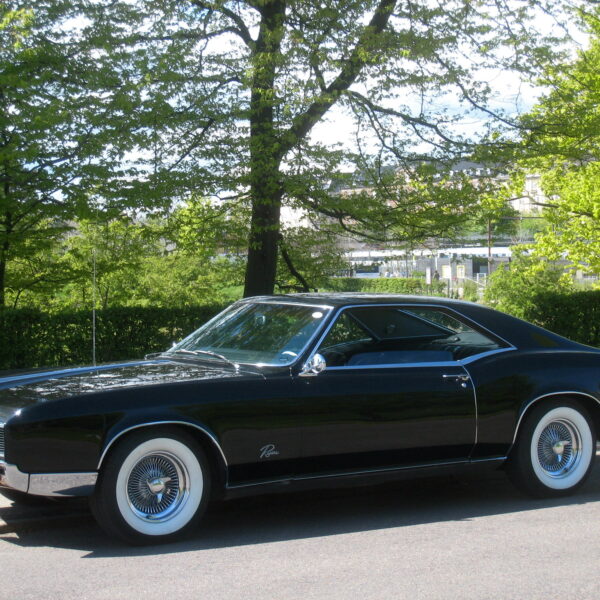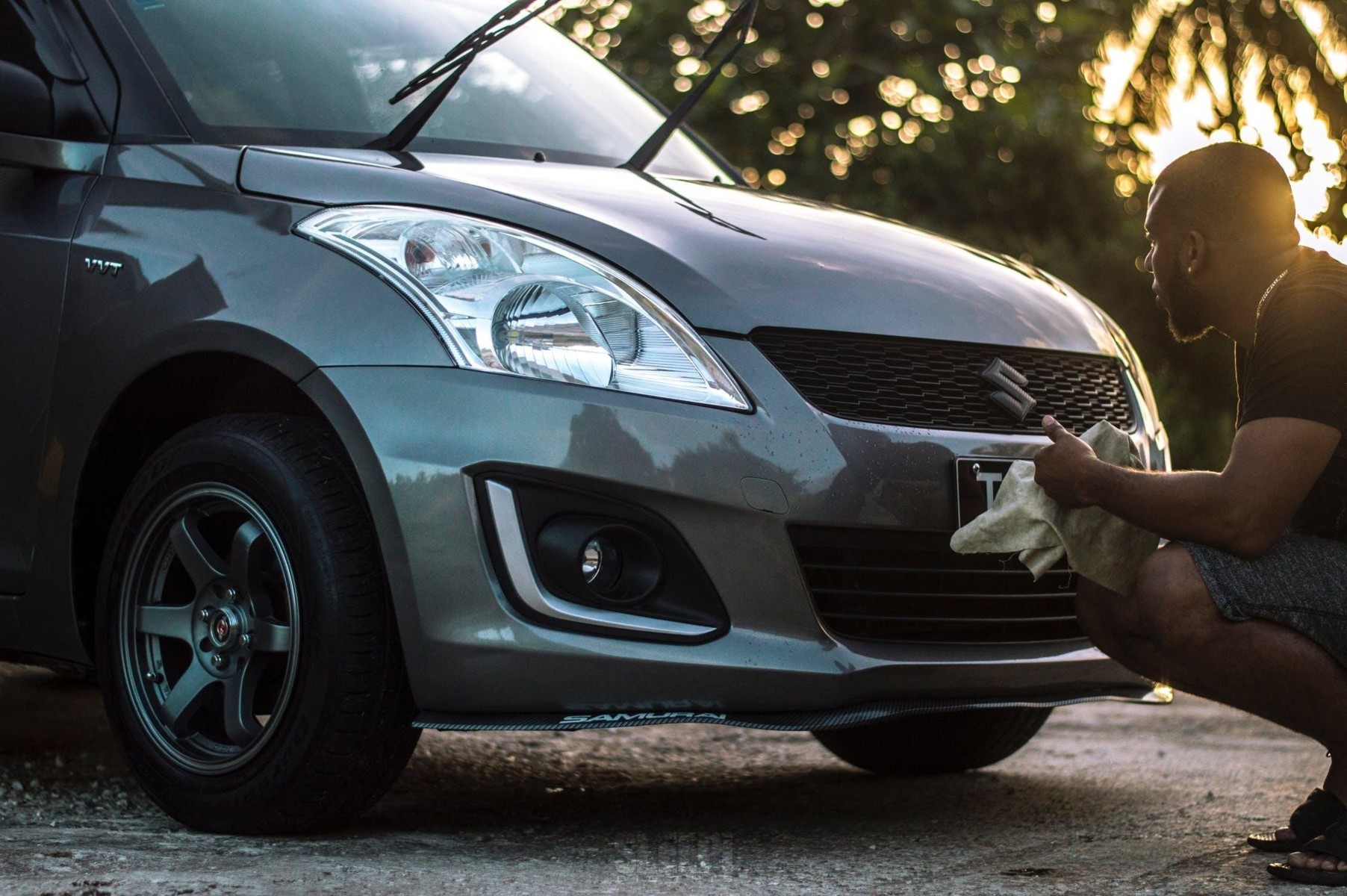Navigating the Car Buying Process: Tips for First-Time Buyers
Buying your first car is an exciting milestone, but it can also be overwhelming. With so many options, decisions to make, and unfamiliar terminologies, the process can quickly become daunting. However, with the right guidance and preparation, first-time buyers can navigate the car buying process with confidence. In this article, we’ll provide essential tips to help you make informed decisions and find the perfect vehicle for your needs.
Determine Your Budget:
Before diving into the car buying process, it’s crucial to establish a realistic budget. Consider factors such as your income, monthly expenses, and any potential financing options. Be sure to factor in extra expenses such as insurance, maintenance, and registration fees too. By setting a budget upfront, you can narrow down your options and avoid the chances of overspending.
Expert Tip: Utilize online budget calculators or financial apps to help you determine a precise budget that aligns with your financial situation. This will provide you with a clear understanding of how much you can comfortably afford to spend on a car without straining your finances.
Research and Compare Vehicles:
With countless car makes, models, and features available, conducting thorough research is key. Start by identifying your priorities, such as fuel efficiency, safety features, or cargo space. Use online resources, including car review websites and forums, such as Kelley Blue Book, to learn about different vehicles and their specifications.
Expert Tip: Visit sites like Edmunds Car Comparison Tool that allow you to compare up to four vehicles at a time across criteria, like price and trim level.
Consider Buying New vs. Used:
One of the most significant decisions first-time buyers face is whether to purchase a new or used car. Both options have their pros and cons, so carefully weigh your preferences and circumstances. Today’s market, in particular, leaves little room for impulse buys, so take your time to evaluate the advantages and drawbacks of each choice.
Expert Tip: Remember that new cars typically come with higher upfront costs but may offer warranties and the latest features. On the other hand, used cars often provide better value for money and lower insurance premiums, but they may require more maintenance.
Take Multiple Test Drives:
Test driving potential vehicles is essential to ensure they meet your expectations in terms of comfort, handling, and performance. Schedule appointments at local dealerships to test drive different models and variants. But don’t be hesitant to return to the dealer and request additional test drives. Buying a car is a big decision, and the more time you spend in the test model, the easier it will be to notice factors like visibility, interior ergonomics, and road noise.
Expert Tip: Don’t just focus on the initial impression during your test drive. Take note of how the car handles in various driving conditions, such as city streets, highways, and parking lots.
Get Pre-Approved for Financing:
If you plan to finance your car purchase, getting pre-approved for a loan can streamline the buying process. Shop around for competitive financing options from banks, credit unions, or online lenders. Having a pre-approved loan offer in hand gives you leverage when negotiating with dealerships and helps you stay within your budget.
Expert Tip: Be sure to review the terms and conditions carefully and choose a loan that aligns with your financial goals.
Negotiate the Price:
Negotiating the price of a car can be intimidating, but it’s an essential step in getting a fair deal. Research the market value of your desired vehicle and use this information as leverage during negotiations. Be prepared to walk away if the dealer isn’t willing to meet your terms.
Expert Tip: Remember that everything is negotiable, including the purchase price, trade-in value, and financing rates. Stay confident and assertive throughout the negotiation process.
Finalize the Deal:
Before signing any paperwork, carefully review the terms of the sale, including the purchase price, financing details, and any additional fees or charges. If trading in your current vehicle, ensure you’re getting a fair value for it. Take your time to read through all documents and ask for clarification on anything you don’t understand.
Expert Tip: Consider having an independent mechanic inspect the vehicle before finalizing the deal. This step can help uncover any hidden issues that may not be immediately apparent during a test drive.
First-Time Buyers: Embrace the Process with Confidence!
As a first-time buyer, you don’t always know what to expect when searching for a new or used vehicle. There are a lot of financing restrictions and uncertainties that can make the process feel a little more stressful rather than enjoyable. However, with the right knowledge and preparation, you can ease into your decision, and turn your first purchase into a memorable experience!
Follow these tips and you can approach the buying process with confidence, making informed decisions and finding the perfect vehicle for your needs and budget.

















